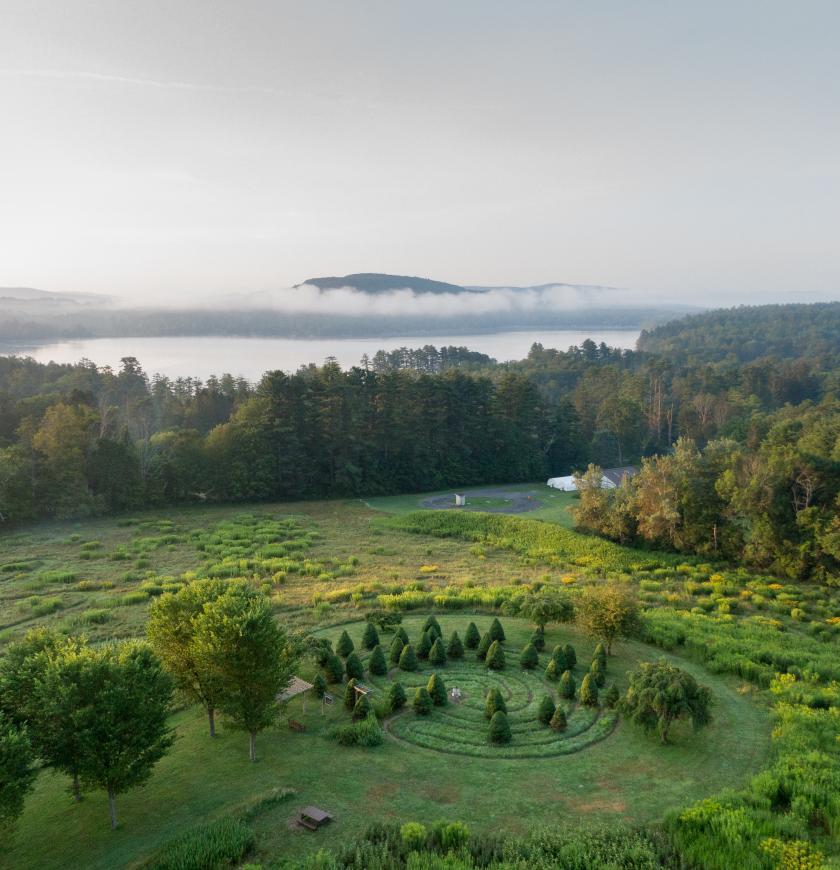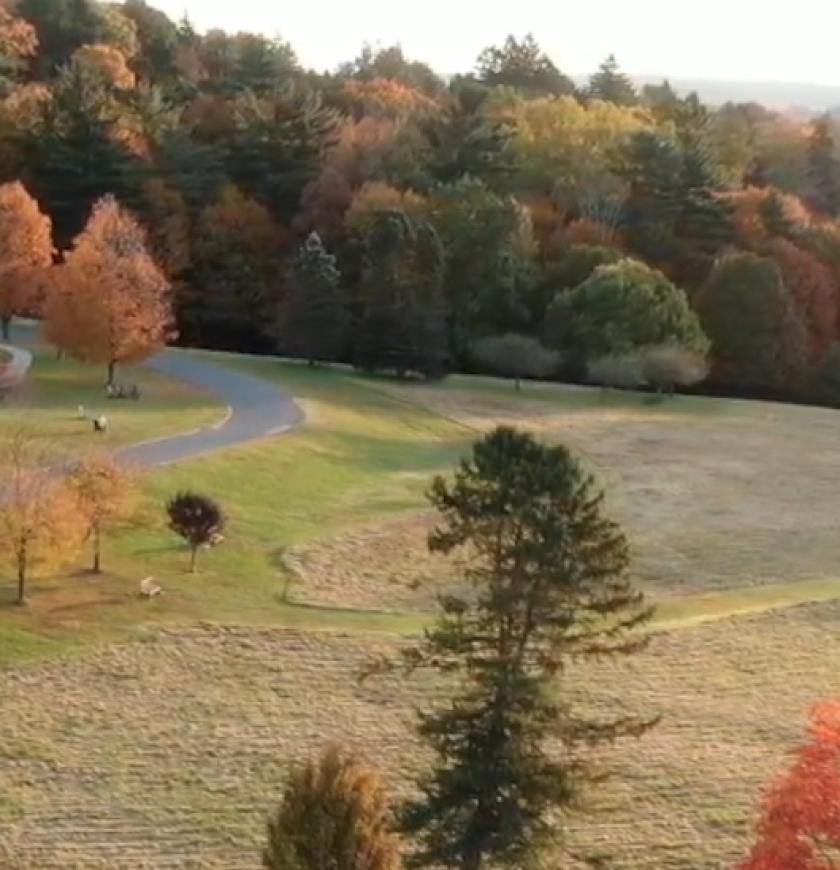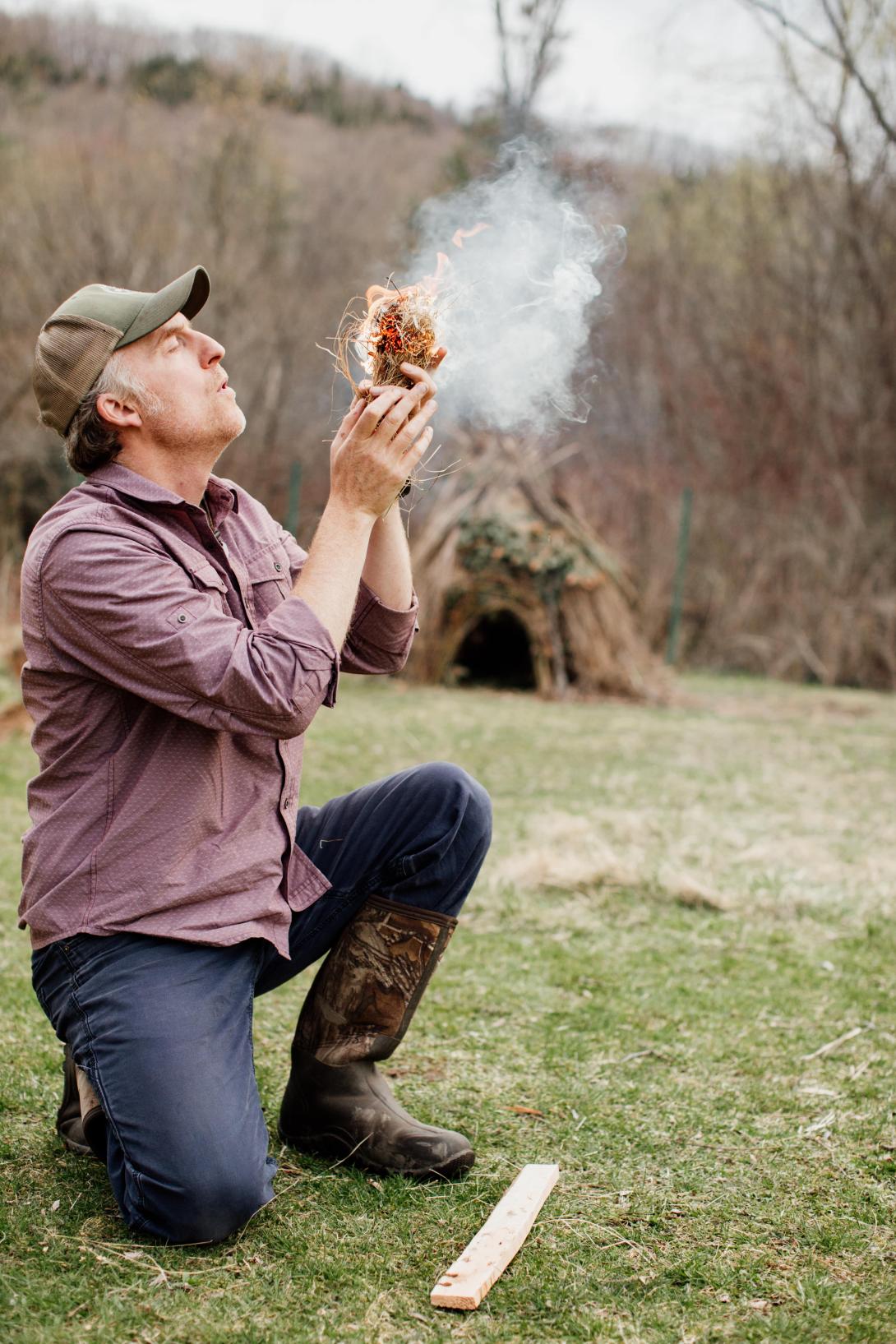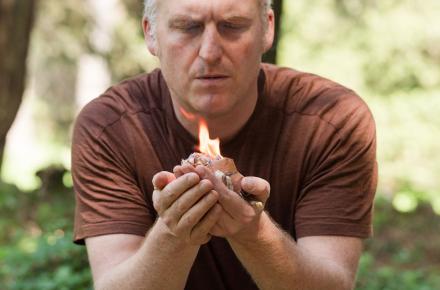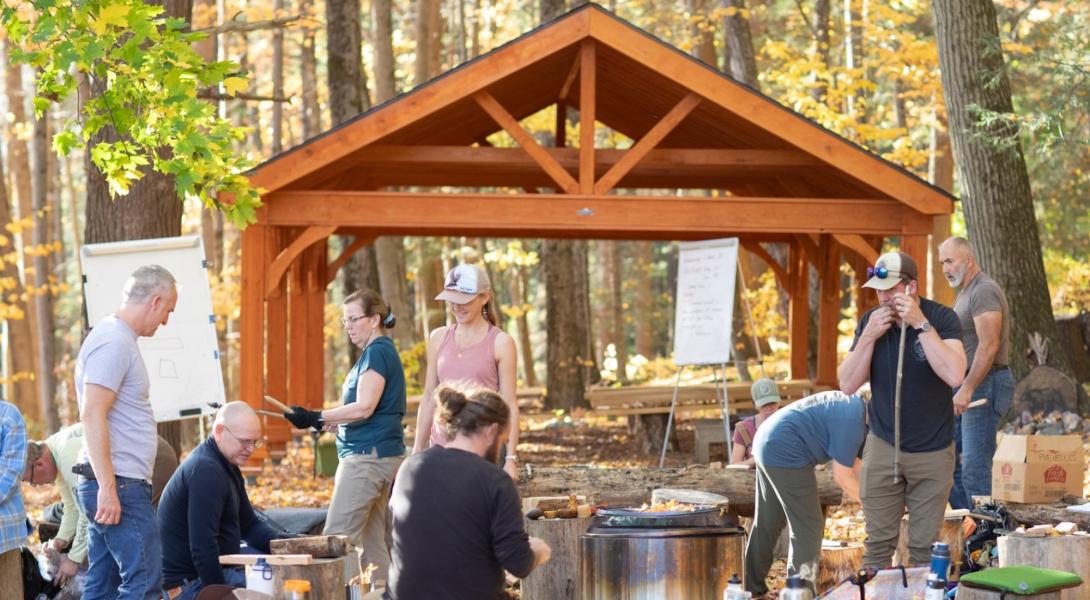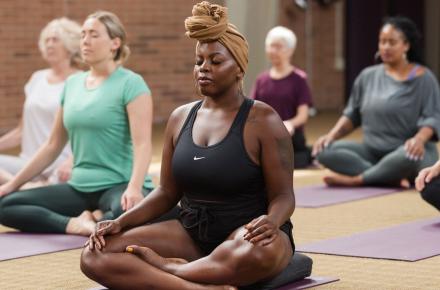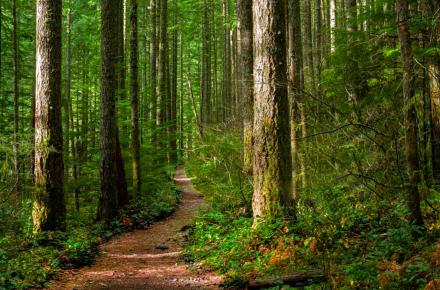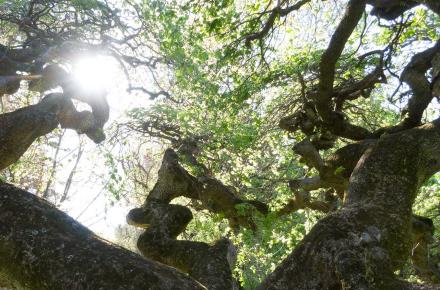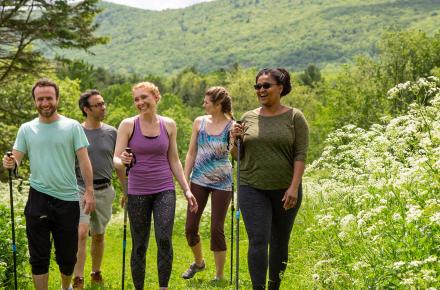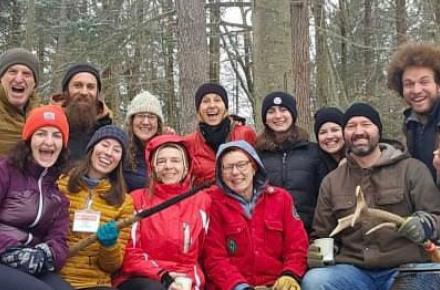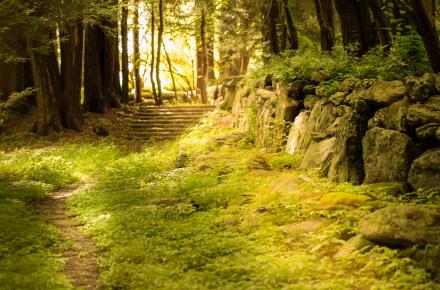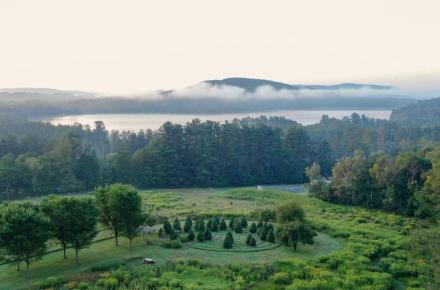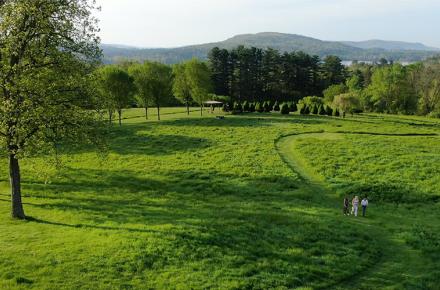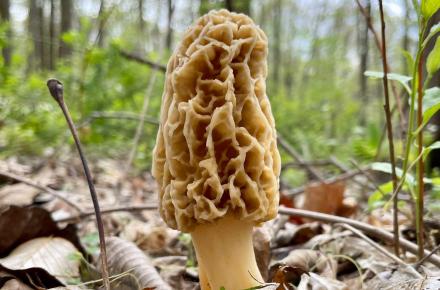Guiding with the Earth
Designed for Level 1 graduates, this once-in-a-lifetime journey equips you with the confidence and skills to lead mindful outdoor experiences from a place of reverence, reciprocity, and belonging. This advanced training explores the five great elements of Ayurveda—space, air, fire, water, and earth—through nature meditations, ancestral skills like friction fire, shelter building, and water sourcing, and immersive connection practices. Off-campus expeditions teach you to partner with the unique energy of each landscape, guiding yourself and others into a profound relationship with the living Earth.
Upon successful completion of KSMOL Level 1, you are eligible to register for Level 2 - no additional application is necessary.
What You Will Learn
Your teacher is Shawn Stephens, KSMOL Faculty, Co-Director of the Alliance for A Viable Future, and member of the Stockbridge Munsee Band of Mohicans, musician, storyteller, and language keeper.
Learn to work with the Great Elements of space, air, water, earth, and fire as doorways of meditation, connection, and relationship with “the more than human world”. Practice early morning fire, water, and earth meditations which bring all the skills you are learning into union.
Learn the ancient, and sacred, practice of birthing fire with friction.
Learn how to integrate fire into your mindful outdoor experiences, both as a focal point for meditation and as an ally for carving your own wooden tools and utensils.
Learn to harvest easy to identify tree species to make nourishing teas to weave into your mindful outdoor experiences.
Discover how to fashion a safe, dry, and cozy shelter using only what you gather from the forest—a crucial skill for building confidence and a sense of connection to the outdoors.
In level 2 you present the findings of your Home Project from level 1. You also receive mentoring for your solo-led, 1-hour mindful outdoor experience.
Experience two-days of off campus excursions to explore places of power and refuge in the Berkshires. This is an opportunity to explore the different qualities, personalities, and facets of different landmarks we can be in relationship with as mindful outdoor guides. From a sacred canyon and a mysterious mountaintop, to a rich and diverse wildlife sanctuary, we will spend two days expanding our awareness of the power of place.
FAQs
You must complete Level 1 and home project before enrolling in Level 2.
We offer a limited number of scholarships for some of our Kripalu Schools Trainings. Once accepted to one of our Schools, you will receive a link to our scholarship eligibility form in your acceptance email if any are available.
Partial scholarships are awarded for select Schools trainings. On campus Schools scholarships cover 50% of the total cost of the training–total cost includes tuition and dorm housing. Hybrid Schools Scholarships cover 40% of the total cost of the training– total cost includes tuition and dorm housing. Online Schools Scholarships cover 30% of the total training tuition. If you choose housing other than a dormitory, you will be responsible for the full cost of housing.
Learn more here. Contact housing@kripalu.org with questions.
Required Reading:
The Spell of Sensuous: Perception and Language in a More-Than-Human-World, David Abram,
Tom Brown’s Guide to Healing the Earth, Randy Walker and Tom Brown, Jr
There are no homework assignments outside of the required (and suggested) reading.
There is no final written exam.
Students receive a course manual.
100% attendance is required for all on-campus and online sessions. Please keep in mind that full participation is required. For online sessions, this also includes your camera being on with you present. Excused absences with required make-up assignments are granted on a case-by-case basis due to unexpected illness, travel delays, or family emergencies. If you have questions about the Schools attendance policy, please contact kripaluschools@kripalu.org.
Graduation takes place on the final day of your training and is only open to program participants.

